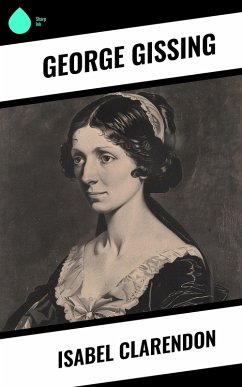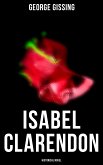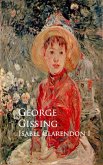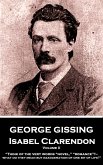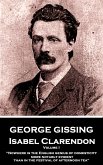In "Isabel Clarendon," George Gissing navigates the complexities of social class and individual ambition in late 19th-century England. The narrative unfolds through the experiences of its titular character, Isabel, whose struggle for autonomy and self-definition is intricately intertwined with the dispassionate realities of a society marked by rigid class structures. Gissing employs a meticulous literary style, characterized by psychological depth and rich characterizations, skillfully illuminating the tensions between personal desire and societal expectation. This novel exists within the context of Gissing's broader critique of Victorian society, echoing themes of moral ambiguity and the challenges of female independence. George Gissing, a prominent figure in the naturalist literary movement, often drew upon his own experiences of hardship and dislocation to inform his works. His early struggles with poverty and his keen observations of the interplay between social conditions and human psychology heavily influenced the creation of "Isabel Clarendon." Gissing's familiarity with the academic milieu and the evolving role of women in society adds depth to Isabel's character, making her journey resonate with contemporary themes of feminism and social justice. "Isabel Clarendon" is an essential read for those interested in gender studies, Victorian literature, or social criticism. Gissing's poignant exploration of class and gender makes this work both timeless and timely, inviting readers to reflect on the enduring impact of societal constraints on personal freedom. For anyone seeking a rich literary experience that challenges conventions while illuminating the human spirit, Gissing's novel is indispensable.
Dieser Download kann aus rechtlichen Gründen nur mit Rechnungsadresse in A, B, BG, CY, CZ, D, DK, EW, E, FIN, F, GR, HR, H, IRL, I, LT, L, LR, M, NL, PL, P, R, S, SLO, SK ausgeliefert werden.

